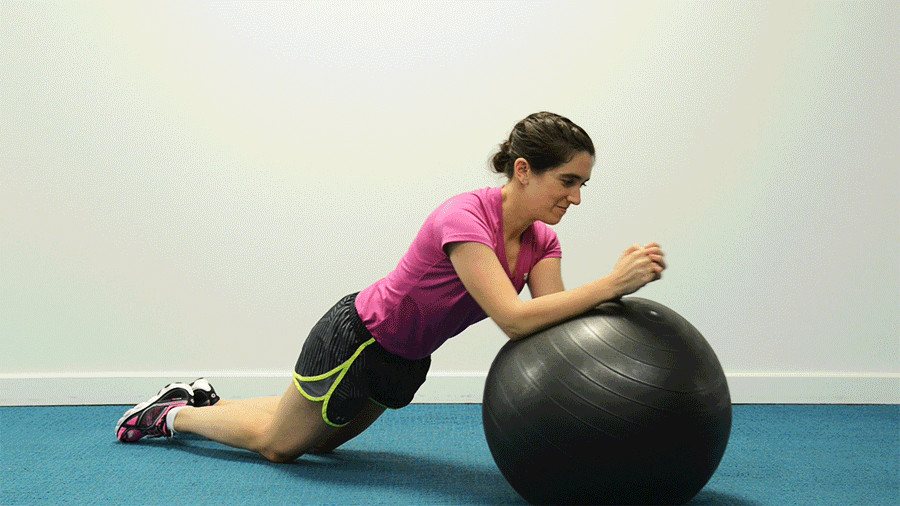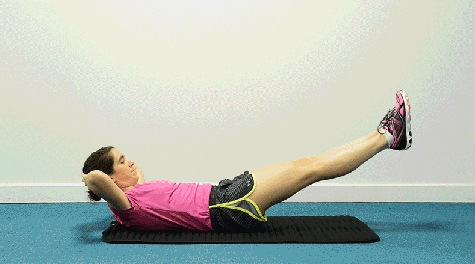If you’re in search of assistive devices, you’ve probably found that many companies offer these products. You want to identify sellers that have in mind the best interest of their customers. Such companies offer assistive devices that offer reliable yet affordable solutions for disabled people who struggle with sensory and mobility issues.
Here are a few things to consider when looking for a reliable provider of assistive devices.
- Buy from the manufacturer. The first source to consider should be the manufacturer of the assistive devices. In addition to helping you save money, going to the source increases the likelihood of you getting a high-quality product.
- Don’t just buy the cheapest. As much as you want to get a good price for the assistive devices, buy the cheapest product you can find just to save some money is not wise. You’re better off comparing the prices of multiple sellers before settling on one. Going for the cheapest usually ends with getting poor quality. If you want to save on your purchase, look for discounts.
- Go with reputable brands. Be wary about purchasing assistive equipment from obscure sellers. It is advisable to go with a well-established seller such as Disability Friendly. Buying these products from a source with a good reputation increases your chances of getting good-quality devices.
- Research the companies. It is also a good idea to do some investigation of the sellers you’re considering. Make sure that they don’t have a history of complaints with the Better Business Bureau. You can also read online reviews from previous customers and reviewers of such technology to get a sense of the quality of the equipment on offer.
- Get good recommendations. Healthcare professionals such as therapists, doctors, senior care facilities, and disability organizations can be a great source for recommendations on the best suppliers of assistive devices.
- Ask about return policies. Give preference to suppliers that offer reasonable return policies. It is advisable to go with a seller that stands behind the quality of its products. Such suppliers are the most likely to make things right in case the product they deliver fails by no fault of your own. Before buying, make sure you carefully read the return and exchanges policy.
- Consider how much training is needed. You usually need some training to use most assistive technology (e.g. electric wheelchair). Find out if the training comes with the purchase price. Ask whether the training can be done at home or if you have to go with your disabled loved one to a facility to receive training.
- Educate yourself. Read up on your state’s Defective Assistive Device Act. Most states have some form of defective assistive device law that protects consumers from purchasing defective equipment. Check with the legislation in your state, and make sure that the supplier you’re considering complies with the regulations.
The primary goal of buying assistive technology is to improve the quality of life of your disabled or elderly loved one. Keep that in mind even as you look for the best price.
























































